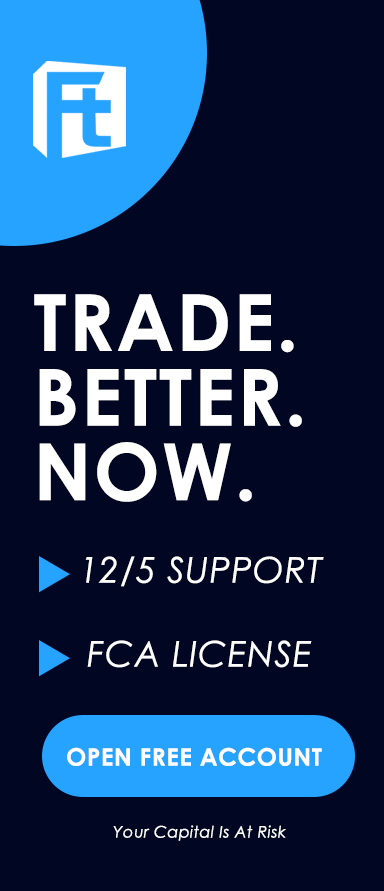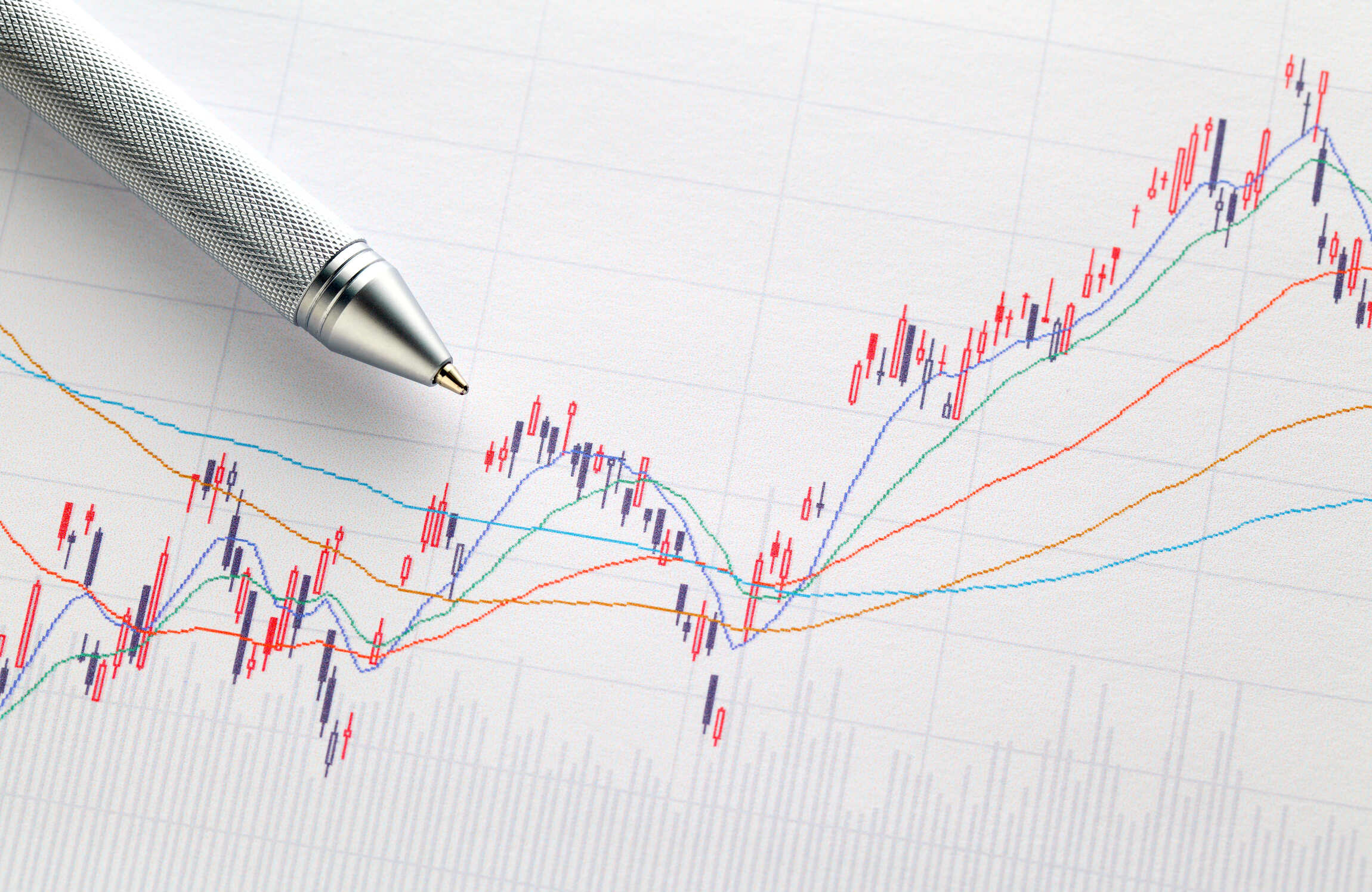
Is Forex Trading Legal in UK?
Forex trading, or the exchange of currencies, is a dynamic and globally popular market. For UK traders, understanding the legal framework and best practices for navigating the foreign exchange market is crucial. This guide explores whether forex trading is legal in the UK, what regulations govern it, and essential details on brokers, platforms, and tax implications. Additionally, it will cover how to choose the best forex broker in the UK.
Table of Contents
Is Forex Trading Legal in the UK?
Yes, forex trading is legal in the UK and regulated by the Financial Conduct Authority (FCA). The FCA ensures a secure trading environment for retail and professional traders, protecting them from scams and malpractice. The UK’s regulatory framework fosters a transparent trading environment, allowing traders to operate confidently in the forex market.
Forex Trading in the UK: Legal and Secure
Forex trading in the UK is facilitated by FCA-regulated brokers, ensuring adherence to strict standards like:
- Segregation of Client Funds: Brokers must keep client funds separate from their operating accounts.
- Advanced Trading Platforms: These include tools like charting software, risk management features, and real-time data.
- Comprehensive Market Research: FCA regulation demands transparency in pricing and execution.
Best Forex Brokers in the UK
- Fortrade: Best service for CFD trading in UK.
- IG Markets: Known for its award-winning trading platform and tools for beginner traders.
- CMC Markets: Offers access to a wide range of currency pairs and educational resources.
- eToro: Ideal for social trading and beginners.
- Interactive Brokers: Suited for professional and experienced traders, with low trading costs.
- Plus500: Offers a user-friendly forex trading platform for both CFDs and spread betting.
Regulation and Licensing
In the UK, forex trading is regulated by the Financial Conduct Authority (FCA). The FCA is responsible for ensuring that forex brokers operating in the UK comply with strict financial standards and provide a fair trading environment for consumers. This regulatory oversight is crucial in maintaining market integrity and protecting traders from fraudulent activities. To trade forex in the UK, you must choose a broker that is authorized and regulated by the FCA. This ensures that the broker adheres to stringent guidelines, offering a secure and transparent trading environment.
What Makes Forex Trading in the UK Safe?
The UK forex market benefits from stringent FCA oversight. This regulatory framework minimizes risks like scams and market manipulation, ensuring a transparent trading environment for both retail investors and professional traders.
Traders also benefit from the Financial Services Compensation Scheme (FSCS), which protects funds up to £85,000 in case a broker fails.
Forex Brokers and Platforms
Selecting the right forex broker is critical for successful trading. UK traders should prioritize brokers offering:
- FCA Regulation: Only trade with brokers regulated by the Financial Conduct Authority.
- Advanced Trading Tools: Platforms like MetaTrader 4/5, offering technical analysis and custom indicators.
- Low Trading Costs: Look for competitive spreads, low commissions, and minimal hidden fees.
A significant percentage of retail investor accounts lose money when trading CFDs, making it crucial to choose a regulated broker.
Top Features to Consider
- Retail Investor Accounts: Platforms must disclose the percentage of retail investor accounts losing money when trading CFDs. A high percentage of retail investor accounts lose money when trading CFDs, highlighting the importance of understanding the risks involved.
- Trading Preferences: Choose brokers aligned with your trading style—day trading, swing trading, or long-term.
- Access to Major Currency Pairs: Ensure your broker supports trading popular pairs like EUR/USD, GBP/USD, and USD/JPY.
Opening a Forex Trading Account
To start trading forex in the UK, you need to open a trading account with a reputable forex broker. The process typically involves:
- Choosing a Broker: Research and select a broker that meets your trading needs and is regulated by the FCA. Look for brokers with a good reputation, competitive spreads, and robust trading platforms.
- Registering an Account: Fill out the registration form on the broker’s website, providing personal and financial information. This step usually requires you to create a username and password for your trading account.
- Verifying Your Account: Verify your identity and address through documentation, such as a passport and utility bill. This step is essential for complying with anti-money laundering regulations and ensuring the security of your account.
- Funding Your Account: Deposit funds into your trading account using a payment method accepted by the broker. Most brokers offer multiple funding options, allowing you to choose the most convenient method for you.
Funding and Withdrawal Options
Forex brokers in the UK typically offer a range of funding and withdrawal options, including:
- Bank Transfers: Deposit and withdraw funds directly from your bank account. This method is secure and widely used, though it may take a few days for transactions to process.
- Credit/Debit Cards: Use your credit or debit card to fund your trading account. This option is fast and convenient, with funds usually available immediately.
- E-Wallets: Use online payment services, such as PayPal or Skrill, to deposit and withdraw funds. E-wallets offer quick transactions and added security features.
- Wire Transfers: Transfer funds directly from your bank account to your trading account. While this method is secure, it may involve higher fees and longer processing times compared to other options.
When choosing a funding or withdrawal option, consider the fees, processing times, and security measures in place to protect your transactions. Ensuring that your chosen method aligns with your trading needs and preferences can help streamline your forex trading experience.
Tax Implications: Do Forex Traders Pay Tax in the UK?
Yes, UK forex traders must consider tax obligations based on their trading activities. The tax treatment of forex trading profits can vary based on factors like the trader’s status and the nature of the trading activity.
1. Spread Betting
- Tax-free as it is classified as gambling.
- No Capital Gains Tax (CGT) or Income Tax.
2. CFD Trading
- Profits are subject to CGT or Income Tax.
- Annual CGT allowance for 2023-2024 is £6,000.
3. Professional Traders
- Classified as self-employed and subject to Income Tax and National Insurance.
For personalized advice, consult a tax advisor familiar with forex trading.
Can Forex Trading Be a Career in the UK?
Yes, forex trading can be a full-time career for disciplined and knowledgeable traders.
Steps to Professional Trading
- Education: Master the basics of forex trading, including technical analysis and trading strategies.
- Practice: Use demo accounts on platforms like MetaTrader 4 to refine strategies.
- Risk Management: Control leverage and manage position sizes to avoid losing money rapidly.
- Regulated Brokers: Always trade through FCA-regulated platforms.
While a career in forex trading can be lucrative, it requires substantial knowledge, patience, and an ability to manage risks.
Trading Strategies for Forex Success
Developing a robust trading strategy is essential for consistent profits in the foreign exchange market. Popular strategies include:
- Scalping: Involves taking small profits from frequent trades.
- Swing Trading: Focuses on capturing price movements over days or weeks.
- Day Trading: Requires closing positions within the same trading day.
Indicators for Forex Trading
- Relative Strength Index (RSI): Identifies overbought or oversold conditions.
- Moving Averages: Helps analyze price trends and potential reversal points.
- Fibonacci Retracements: Predicts price levels for support and resistance.
Risks of Forex Trading
Forex trading involves significant risks, especially for beginners. Key risks include:
- High Leverage: Amplifies both profits and losses.
- Market Volatility: Unpredictable price movements can erode capital.
- Scams: Unregulated brokers may engage in fraudulent practices.
- Psychological Pressure: Managing emotions during trades is critical to avoiding impulsive decisions.
A significant percentage of retail investor accounts lose money when trading CFDs, emphasizing the importance of understanding the risks involved.
FAQs
1. Is Forex Trading Legal in the UK?
Yes, forex trading is fully legal in the UK and regulated by the Financial Conduct Authority (FCA).
Understanding Forex Trading in the UK
What is Forex Trading?
Forex trading, also known as foreign exchange trading, is the process of buying and selling currencies on the global market. It involves exchanging one currency for another with the aim of making a profit from fluctuations in exchange rates. Forex trading is a popular investment option for individuals and institutions alike, offering a high degree of liquidity and market volatility. This dynamic market operates 24 hours a day, five days a week, allowing traders to engage in forex trading at any time, making it a flexible and accessible investment opportunity.
2. Do Forex Traders Pay Tax in the UK?
Tax obligations depend on your trading type. Spread betting is tax-free, while CFD profits are subject to Capital Gains Tax.
3. Which Forex Broker is Legal in the UK?
Legal brokers in the UK must be FCA-regulated. Examples include IG Markets, eToro, and CMC Markets.
4. Can Forex Trading Be a Job?
Yes, but it requires significant expertise, risk management skills, and consistent profitability.
5. What is the Best Forex Trading Platform?
Popular platforms in the UK include MetaTrader 4/5, cTrader, and proprietary platforms like eToro.
Conclusion
Forex trading is legal, regulated, and accessible in the UK, making it an attractive option for both retail and professional traders. By trading through FCA-regulated brokers, leveraging advanced trading tools, and understanding tax obligations, traders can create a safe and profitable trading experience. Whether you’re a beginner exploring forex or a seasoned trader looking for the best platforms, the UK offers a secure and robust trading environment.





Comments: 0